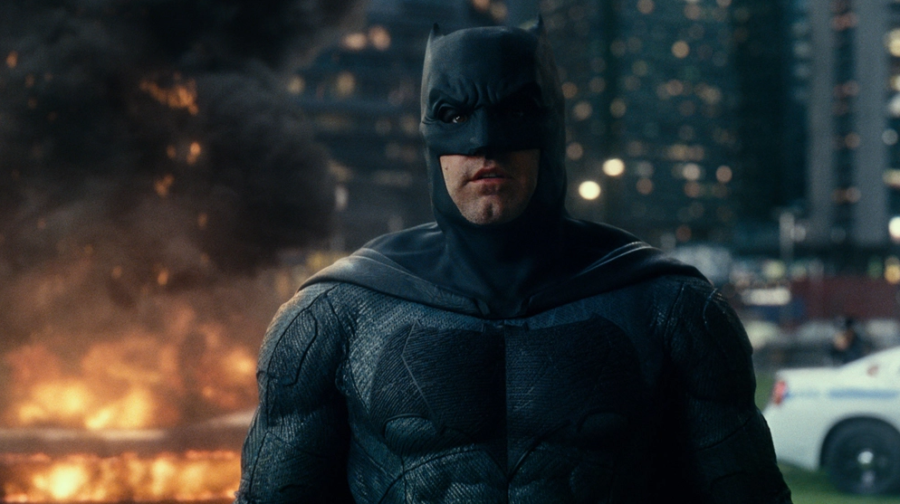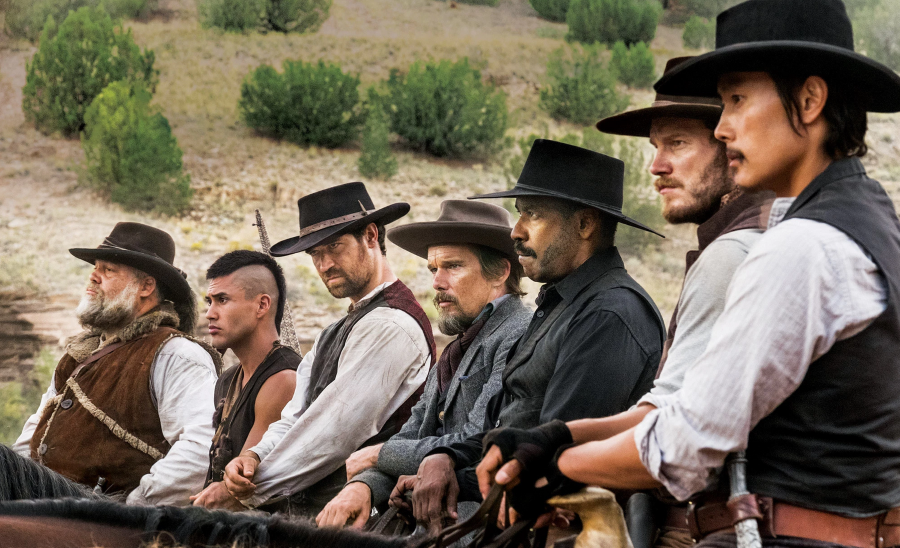WE AS A CULTURE ARE FASCINATED WITH REMAKES, BUT MAYBE WE SHOULDN’T BE.
It seems that a lot of cinema today is either a sequel, part of a wide cinematic franchise, or a remake/reboot/re-imagining of an existing property. The term “reboot” has become the go-to phrase for when studios want to remake an older film. In my opinion, the only thing that gets “rebooted” is a crashed computer, but that’s just me.
Remake fever is kicking into high gear again, with Disney remaking their old animated films as live action ones and remakes of male-driven films with female leads, and it has been announced that Ben Affleck won’t be returning as Batman in the next Batman film, which is sure to lead to a reboot of the character, again. But it’s not just films: TV series are going through this as well, with the recent remakes of Magnum PI, MacGyver and many others, as well as talk of a reboot of Lost, which has been off the air for fewer than ten years. It got me thinking about this fascination with remakes.
Remakes are not a new thing. They have been happening since the beginning of cinema, but the passage of time between original and remake seems to be a lot shorter now than it was before. A lot of the remakes we see today feel like pointless exercises in just remaking a film for the sake of it. Most remakes were films that were adaptations of novels that were being done again, foreign films remade for American audiences, or re-imaginings of existing properties. It can be argued that every Batman and Superman film made are remakes as they were not the first live action iterations of the character. This is where the idea of the remake starts to diverge.

There are essentially three categories of remakes: 1) is a straight up remake. This is where the story is remade completely, often containing the same or very similar situations and characters as the original. 2) is a re-imagining – usually referred to as a “reboot” these days – where the core concept is consistent, but characters, setting, and sometimes even the story are changed. 3) is the re-adaptation, when the original film was based on an existing property, usually a book. These are films that ignore the previous films and actually go back to the source material, sometimes they are more faithful to the original source, sometimes they diverge even more than the original film.
With the superhero genre on the rise, there have been some films that have been referred to in the reboot category – the Batman Vs Superman film, for example, referred to Ben Affleck’s version of Batman as a reboot. This is not technically accurate; it is more fitting to refer to it as a re-adaptation, as the writers took an existing character and re-adapted stories from their considerable backlog of source material into the film. It was not remaking or re-imagining the previous Batman films, it was just adapting a different set of stories from the character’s lore.
Another trend that seems to be appearing is a re-imagining of previous male led films with female casts. Now before you all shoot me, I have no issue with female-led films, and I have no issue with anyone remaking a film and changing the gender of the main character. What I feel is bad about these is that when taking a male-led film and remaking it with a female lead, the filmmakers are sending the message that there are no original stories for female-led films and they need to be piggybacked onto a pre-existing male-led property. That is bullshit and insulting. Two films came out recently that were both female-led films, one was a re-imagining of a previously male-led film, the other was an original film. The re-imagining was Ocean’s 8 and the original film was The Spy Who Dumped Me. Ocean’s 8 was not a great film. Despite being touted as a smart female-led heist film, there was a lot of referencing the male lead from the previous iteration, and it used a huge cliché in the “woman scorned” plot point. Contrasting that was The Spy Who Dumped Me, which was a funny, action-packed, and entertaining film. Had they made Ocean’s 8 as a completely separate film, yes it wouldn’t have had that brand recognition, but it would have been able to stand on its own as a heist film. The fact that they made it part of the Oceans films was more of a distraction than anything else.

The most common remake is the Hollywood remake. This is where studios take an existing foreign film and remake it for Western audiences, sometimes these are successful, although most of the time they aren’t. There have been instances when American filmmakers have purchased the remake rights of foreign films with the sole purpose of blocking remakes of them from ever happening. Most of the time these remakes do not add anything new or different to the film, they usually just remake the story for an American audience. However, there are some successful ones that take the core concept of the film they are remaking and rebuild it from the ground up as an American film. The Magnificent Seven, for example, is famously a remake of Kurosawa’s Seven Samurai, however The Magnificent Seven feels one hundred percent like a Western.
The remakes that are successful add something new and different to the film they are remaking – John Carpenter’s “The Thing” for example, which added an element of paranoia and some incredible effects work. What Carpenter did with his version was go back to the original novella and make it a more faithful adaptation than the Howard Hawks version, and for that reason most people see Carpenter’s film as the superior one. It’s a rare occasion that a remake can surpass the original film in quality. On the other side of this, when Gus Van Sant remade Alfred Hitchcock’s Psycho, there was a general consensus that the film was pointless. Changing nothing and copying the original shot for shot, the only difference was the cast and the fact that it was in colour.
As a type of film, the remake is one of the most derided of films, many people cry it sacrilege to remake this film or that film, yet we are still being presented with remakes. The simple fact is remakes make money, you have a pre-existing knowledge of the film and whilst not all fans of the original will see the remake, some will. And it gains a younger audience as old films are “boring”, but new shiny ones are exciting, (Yes, I’m being sarcastic), so the film will make a profit. I would prefer for classic films to not be remade, however if the remake leads the original to get a new audience, then I don’t mind so much as remakes have pushed studios to re-release the originals on home video formats such as Blu-Ray where they wouldn’t necessarily have released them previously.

Matt is a huge film and TV buff who studied film and moving image production at university. In his spare time he enjoys reading comics and books, the occasional gaming session and writing novels.

